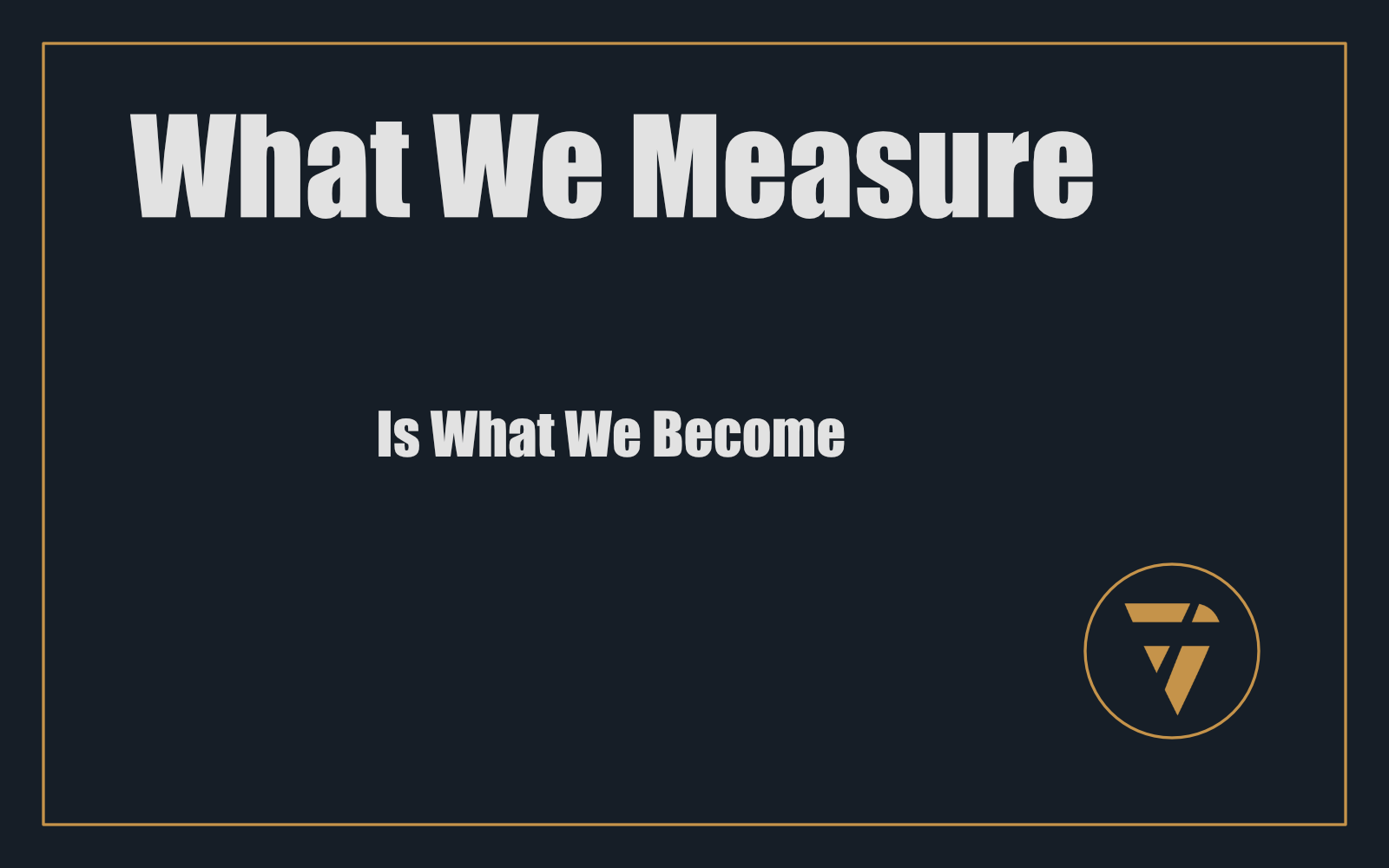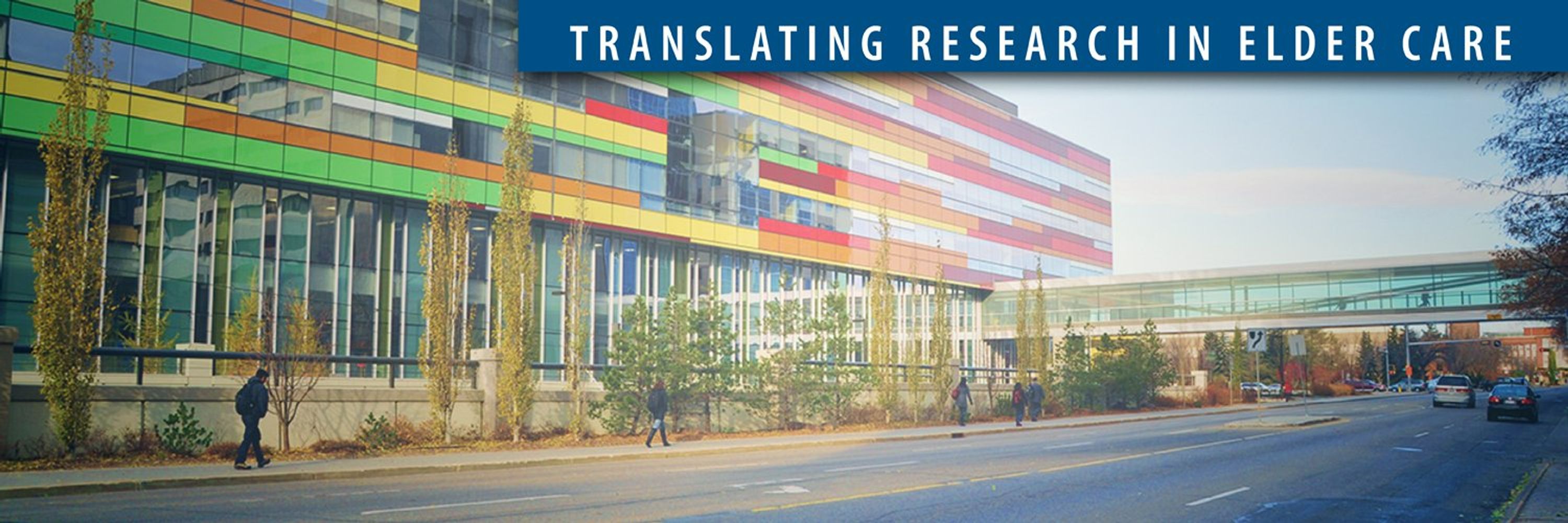What We Measure

Is What We Become
From the Table Series: Replacing Senior Housing with Human Infrastructure
If all you measure is decline,
then decline is all you’ll see.
This is the brutal truth behind most of Canadian long-term care:
We track suffering better than we enable thriving.
Vitals, falls, medications, transfers, infections, deaths.
The ledger of long-term care is a report card of collapse.
And that’s not care.
That’s autopsy.
1. The Surveillance Model of Care
In most LTC homes today, the tools used to “monitor well-being” are designed to catch failure:
- Bed alarms to detect falls
- Medication logs to check compliance
- Staffing forms to track absence
- Charts filled with pain scores and behaviour incidents
What’s missing?
- Joy
- Fulfilment
- Relationship
- Spiritual comfort
- Self-determination
These are not optional extras.
They are vital signs of the soul.
And right now, we don’t track them... so we don’t protect them.
2. Better Metrics Already Exist
Tools like DEMQOL-CH (Dementia Quality of Life – Care Home version) let us measure more than decline.
They capture:
- Emotional expression
- Sense of identity
- Social interaction
- Satisfaction with environment
- Moments of meaning
And practices like Coherent Breathing, backed by TREC’s applied research, give staff and residents direct control over stress, mood, and nervous system balance.
These are not spiritual guesses.
They are evidence-based indicators of wellness.
We just don’t treat them like primary data.

3. The Table Tracks Thriving — Not Just Survival
From design to data, The Table reverses the logic of traditional elder care.
We ask: “What would we need to see, every day, to know a resident was not just alive — but whole?”
Then we build it into the architecture, the operations, and the measurement.
Every Table installation includes:
- Resident thriving dashboards, incorporating DEMQOL metrics, social engagement levels, and personalized care values
- Family-reported outcomes, not just staff assessments
- Coherent Breathing and emotional regulation tracking as part of daily care team rhythm
- Cultural and spiritual relevance audits to ensure the resident is not alienated by the environment
- Life Satisfaction Interviews as part of intake and monthly review
This isn’t theoretical.
It’s operational.
4. Measurement = Funding = Self-Sustainment
Because here’s the real leverage:
When you measure the right things — you can fund the right systems.
The Table generates validated research outputs that can be:
- Published in clinical and social science journals
- Licensed for therapeutic program development
- Used in pharmaceutical and longevity trials
- Integrated into insurance cost models for predictive wellness
- Tied to ESG metrics for impact capital and policy alignment
The Table pays for itself in data — not just beds.
Not surveillance data.
Human flourishing data.
That’s the shift.
We’re Done Monitoring Death.
We’re Tracking Life.
And what we track — we preserve.
What we value — we prove.
What we measure — we become.
The Table doesn’t just care for elders.
It demonstrates their worth, in every metric that matters.
This is what I’m working on. Tell me what you think, I enjoy the conversation! Subscribe and follow the work in real time.
Thanks!
B

If all you measure is decline, decline is all you’ll find.
Vitals. Falls. Meds. Death.
The Table doesn’t monitor death.
It tracks life.
We don’t guess at thriving.
We measure it.
PS -







